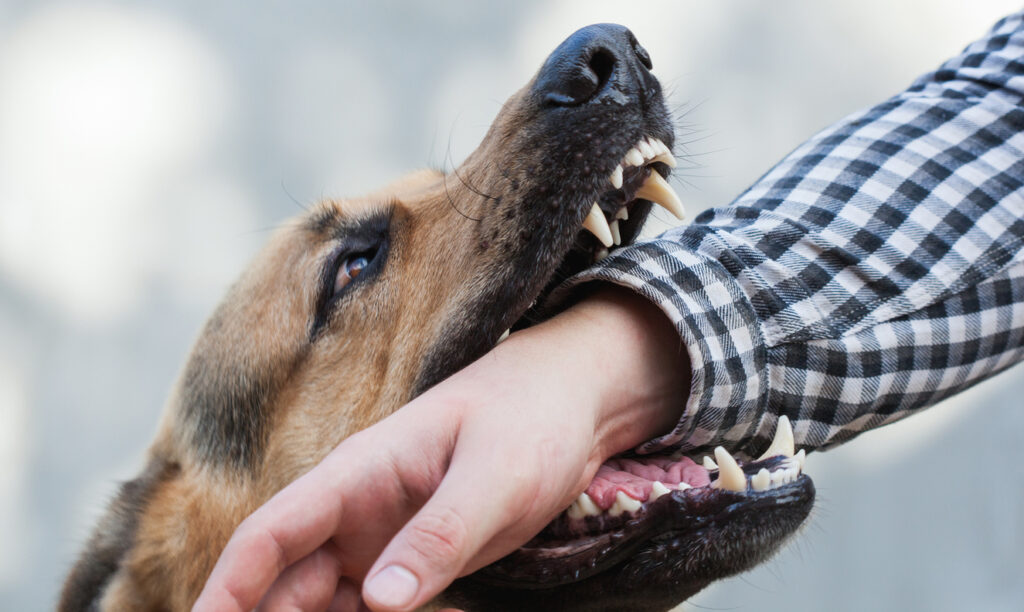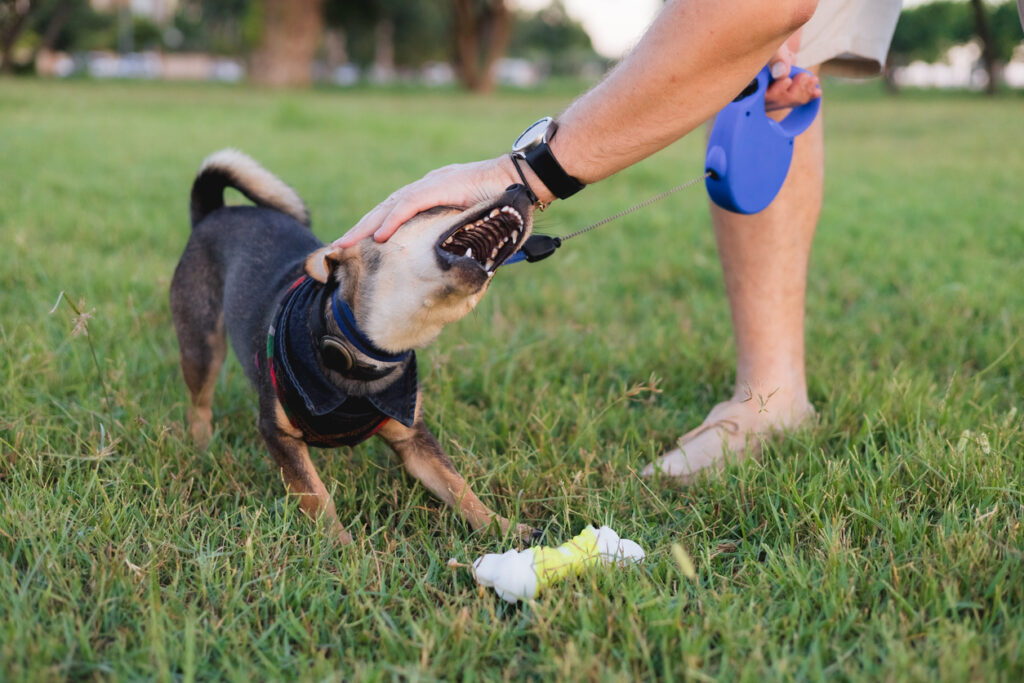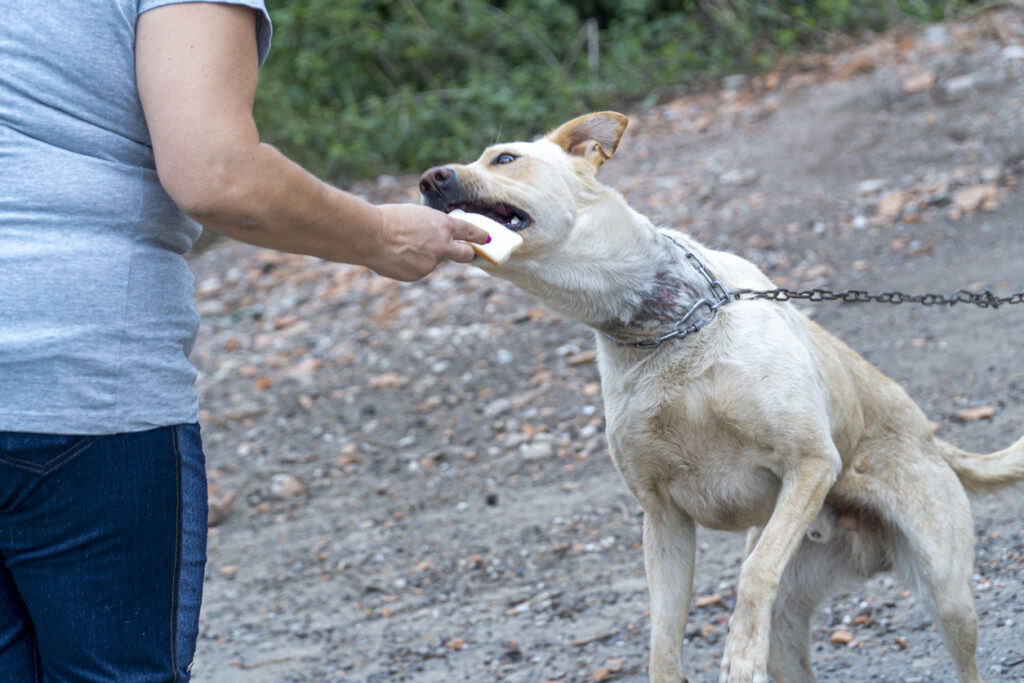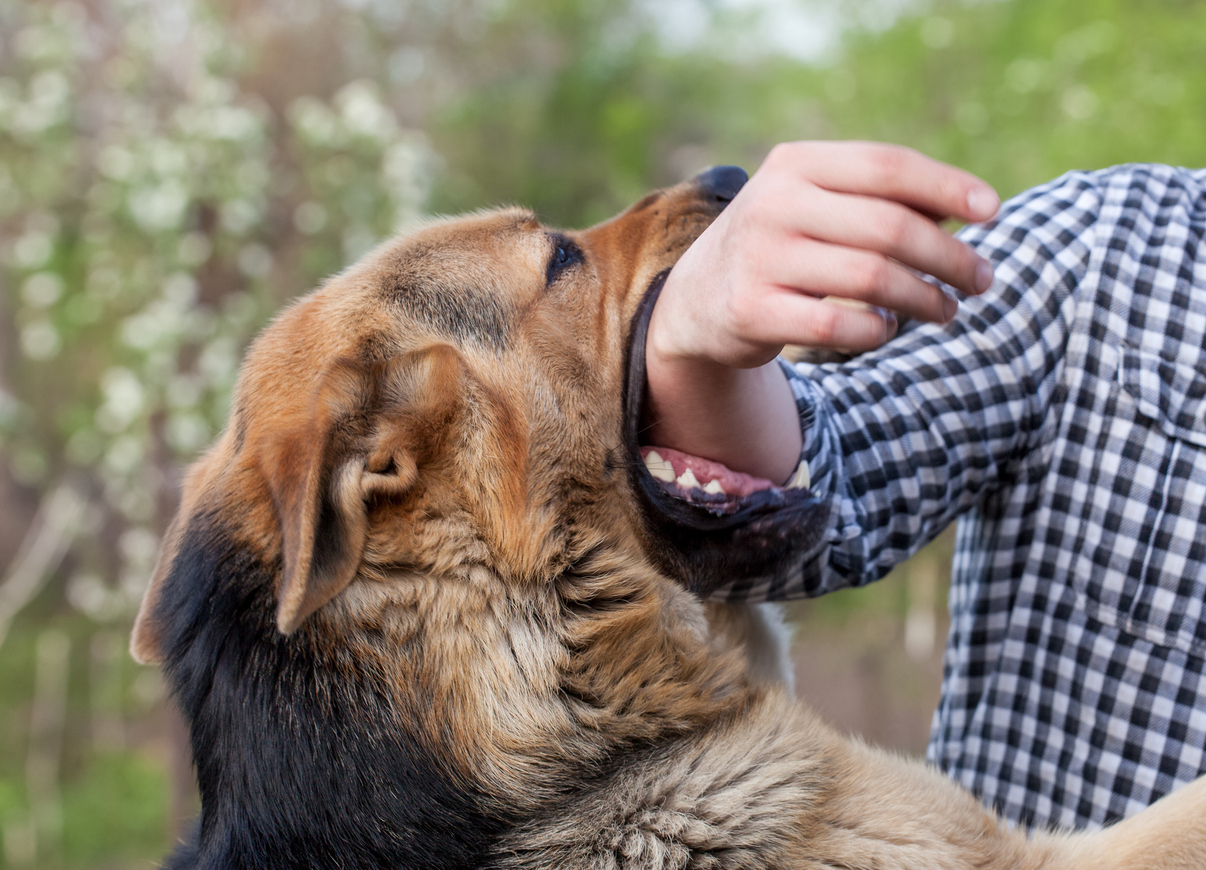Introduction: Unpacking Florida Dog Bite Laws and the Concept of Provocation
Understanding Florida Dog Bite Laws requires navigating complex legal terrain where strict liability often applies, yet “provocation” can shift the legal outcome dramatically. With Florida regularly ranking among the states with the highest number of dog bite injury claims, clarity on this issue is not only vital for dog owners—but also crucial for individuals who interact with dogs, as even unintentional actions may alter liability. This blog explores in depth what Florida law recognizes as provocation, how it impacts legal responsibility, and what every party involved in a dog bite incident should know about seeking or defending compensation under Florida Dog Bite Laws.
The Foundation of Florida Dog Bite Laws: Strict Liability with Nuanced Exceptions
Florida Dog Bite Laws are built around a strict liability framework. As detailed in Florida Statutes Section 767.04, a dog owner is accountable for injuries their dog causes by biting someone in a public place or lawfully present on private property. This is true regardless of whether the dog has previously bitten or shown aggression, making the owner’s prior knowledge irrelevant. The logic is consumer-protective, ensuring victims have a clear avenue to recover damages for physical and emotional harm. Yet, even the broad shield of strict liability is not absolute within Florida Dog Bite Laws—the principle of provocation can recalibrate responsibility.
Dissecting Provocation: Legal Definition and Relevance Under Florida Dog Bite Laws
The heart of the question—what constitutes “provocation”—draws upon both statutory law and judicial interpretation. Florida Dog Bite Laws do not present an exhaustive statutory list, but established precedent and case law, as well as legislative context, consistently recognize provocation as any act that would reasonably incite a defensive reaction in a dog. Pulling a dog’s tail, hitting, teasing, cornering, threatening gestures, or even sudden invasive movements may cross the threshold into provocation. Importantly, the determination is always context-specific.
Physical acts like striking or tormenting a dog will almost always be deemed provoking. However, accidental or subtle actions—such as stepping on a dog, startling it while it is eating or sleeping, or approaching rapidly in a way that could be interpreted as threatening—could also be considered provocation under Florida Dog Bite Laws, depending on the circumstances and evidence provided by both parties.
How Provocation Shifts Legal Liability and Compensation Under Florida Dog Bite Laws
In practical litigation or settlement negotiations, if a dog owner proves that the victim’s actions provoked the bite, their liability may not only be reduced but completely eliminated. Florida’s courts examine whether the provocation was a proximate cause of the incident, weighing intent, foreseeability, and reasonableness—what would a reasonable person and a reasonable dog do in the situation?
If a court finds the victim’s provocation contributed to the bite, Florida Dog Bite Laws follow a comparative negligence system. Damages may be diminished by the percentage of fault attributed to the victim for provoking the dog, sometimes leading to a significant reduction—or an outright bar—of compensation. Conversely, if provocation is disproven, strict liability applies and full damages are typically available for the victim.

Florida Statutes and Judicial Authorities on Provocation in Dog Bite Cases
The legislative root of Florida Dog Bite Laws and provocation lies chiefly in Florida Statutes Section 767.04, which states:
“The owner of any dog that bites any person while such person is on or in a public place, or lawfully on or in a private place, including the property of the owner of the dog, is liable for damages suffered by persons bitten, regardless of the former viciousness of the dog or the owners’ knowledge of such viciousness. However, any negligence on the part of the person bitten that is a proximate cause of the biting incident reduces the liability of the owner of the dog by the percentage that the bitten person’s negligence contributed to the biting incident.”.
Comparative negligence, a vital component of Florida Dog Bite Laws, enables courts to apportion liability between the dog owner and the bite victim, taking provocation squarely into account.
An authoritative reference such as the Florida Senate’s online version of the statutes further elaborates on how incidents involving dangerous dogs and unprovoked attacks may lead to additional criminal penalties for the owner.
Real-World Application: Examples of Provocation Under Florida Dog Bite Laws
Applying Florida Dog Bite Laws in real life, courts and insurance adjusters scrutinize the facts:
A child pulling a dog’s ears or tail, or a person intentionally taunting or harassing a dog, almost certainly qualifies as provocation. Actions like startling a dog while it’s eating, unintentionally hurting it (such as stepping on its tail), or cornering a dog with no route of escape may also provide a defense to liability under certain conditions. Age, experience, and intent of the alleged provoker are assessed—young children are often treated differently from adults, as are people who have less familiarity with canine behavior.
However, minor or ambiguous actions, particularly those that would not be expected to provoke a dog by a reasonable person’s standards, usually do not amount to provocation as a matter of law.
The Burden of Proof: Proving or Disproving Provocation in a Florida Dog Bite Case
Under Florida Dog Bite Laws, if a dog owner wants to avoid or reduce liability based on provocation, they have the burden to prove by the preponderance of evidence that the victim’s action—either deliberate or inadvertent—prompted the dog’s attack. This may require credible witness testimony, video evidence, or other documentation showing a direct causal link between the victim’s conduct and the animal’s reaction.
If no such proof is established, strict liability generally prevails, preserving the victim’s right to full compensation for their injuries.
Florida Dog Bite Laws and Comparative Negligence in Action
Within the framework of Florida Dog Bite Laws, comparative negligence doesn’t just impact owner liability—it determines the precise award a bite victim may receive. If a court finds a victim 25% at fault for provoking the dog, compensation is reduced by that percentage. Only the remaining 75% is recoverable under Florida law.
That means in a scenario where a court awards $40,000 in damages, if provocation amounted to comparative negligence of 25%, the payout drops to $30,000.
Special Categories: Dangerous Dog Status, Trespass, and the Role of Warning Signs
Beyond provocation, Florida Dog Bite Laws carve out additional nuances:
If a dog has previously been designated as “dangerous,” provocation becomes a deciding factor in criminal liability as well as civil, with unprovoked attacks potentially leading to charges up to a felony for the owner. Trespassing is treated differently; Florida’s statute is less protective of those on private property unlawfully, often blocking their ability to recover for bites unless the dog’s conduct was egregious or otherwise outside the norm.
The statute also provides a partial defense if a conspicuous “Bad Dog” sign is posted, but this does not apply to children under six years old, reflecting Florida’s goal of protecting the vulnerable.
Practical Guidance: How Victims and Owners Should Approach Provocation Claims
For those bitten, documenting the events leading up to the incident is crucial under Florida Dog Bite Laws. Clear records, quick medical attention, and objective evidence help establish or refute provocation. For owners, understanding your obligations, especially if your dog reacts defensively under unusual scenarios, can limit liability.
Both sides often benefit from consulting legal professionals and reviewing statutory language and government guidelines, such as those offered by the Florida Department of Health, to navigate the administrative and medical aftermath of a dog bite.

The Role of Judicial Standards and Government Resources in Defining Provocation
Florida courts routinely interpret ambiguous situations by referencing common law, behavioral standards, and the legislative intent of Florida Dog Bite Laws. Comparative legal resources, such as the Animal Legal & Historical Center or official state statute sites, assist in resolving disputes where legislative language leaves room for interpretation. Victims and owners both should consult the government’s official statutes to assess their rights and responsibilities.
Long-Tail Variations of the Focus Keyword in Subheadings
H2 and H3 subheadings above have been constructed to include key long-tail phrases, such as strict liability, Florida statute, provocation, comparative negligence, real-world application, judicial authorities, and legal defenses.
Internal and External Links (SEO-Optimized, Embedded)
A comprehensive breakdown of Florida Dog Bite Laws—including statutory language and practical defenses available to owners—can be found at this in-depth analysis on what are Florida’s dog bite laws. Additionally, the complete current statutory framework is maintained for public reference in the Florida Statutes Section 767.04, accessible through the Florida Senate’s official website for statutory law: Florida Official Statutes – Dog Bite Law.

The Bottom Line: Why Clarity on Provocation Matters Under Florida Dog Bite Laws
The implications of “provocation” under Florida Dog Bite Laws are anything but minor. They can decide whether a dog owner faces a substantial financial judgment, whether a victim secures meaningful compensation for medical bills and suffering, and whether a criminal penalty may apply in aggravated circumstances. Florida’s approach strives to balance protection for both victims and owners with an eye toward fairness and responsibility. Understanding the boundaries of provocation—and advancing or defending claims with solid evidence—remains essential to navigating dog bite cases successfully in the Sunshine State.

Leave a Reply